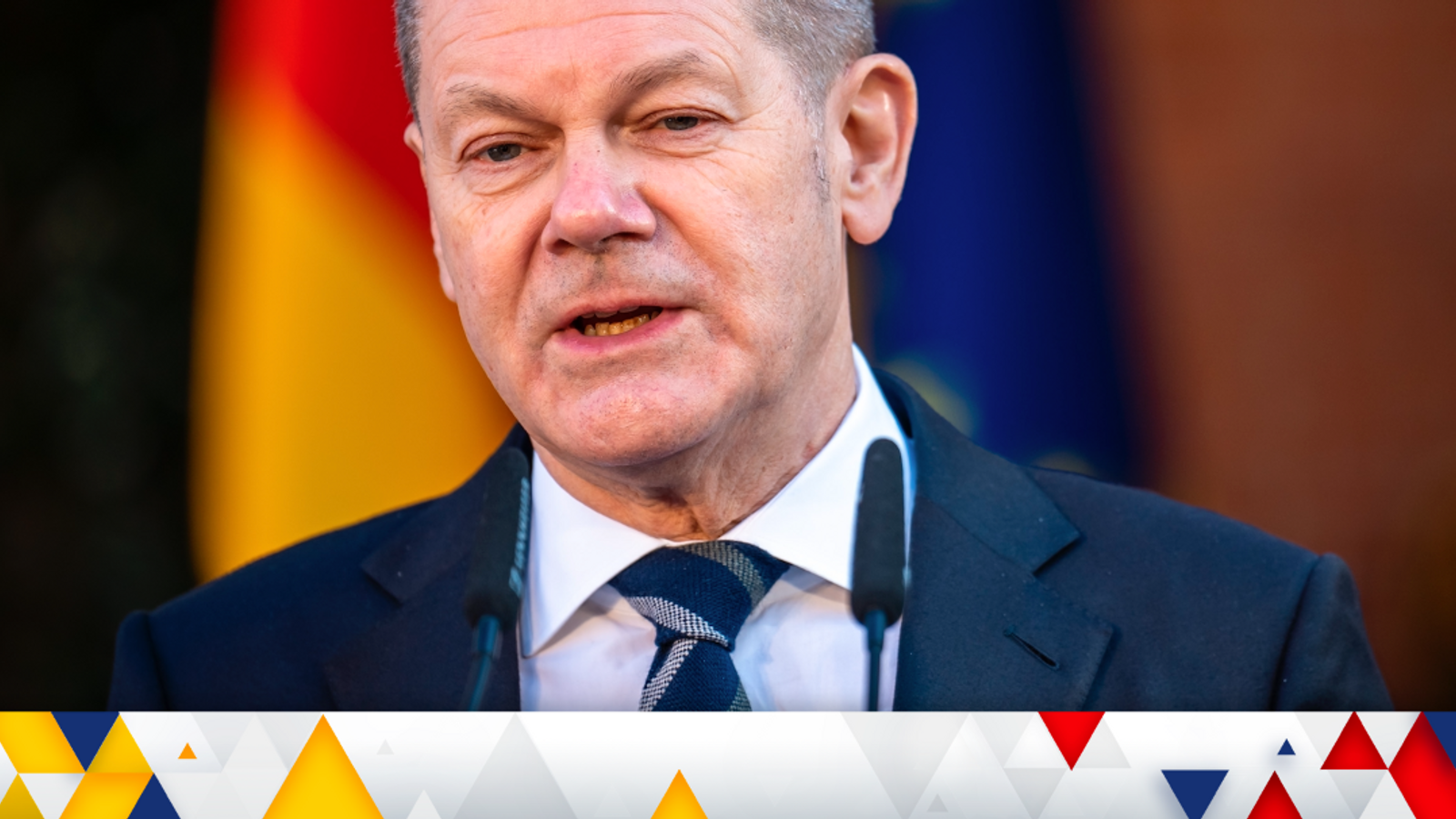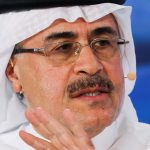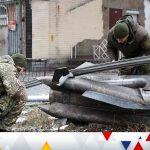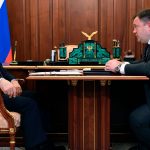Germany is set to sharply increase its spending on defence to more than 2% of its economic output to protect its “freedom and democracy”.
Earlier this week, Germany also paused its Nord Stream 2 gas pipeline project with Russia and agreed to send weapons to Ukraine following pressure from Western allies.
This included defensive anti-tank weapons, surface-to-air missiles and ammunition.
Please use Chrome browser for a more accessible video player
Now Chancellor Olaf Scholz has made a further announcement about the country’s defence spending during an extraordinary session of the Bundestag lower house of parliament.
He said: “We will have to invest more in the security of our country to protect our freedom and democracy.”
Mr Scholz added the government had decided to supply €100bn euros (£84bn) for military investments from its 2022 budget.
Ukraine crisis: Germany halts approval of Nord Stream 2 gas pipeline from Russia
Germany: One person dead and several injured after commuter trains crash near Munich
Ukraine still wants NATO membership after confusion it might back down to avoid Russian invasion
Germany’s entire defence budget by comparison was €47bn euros in 2021.
The EU country has long resisted pressure from the US and other countries to raise its defence spending to 2% of economic output due to its 20th century history and also the strong pacifism among its population.
Key developments in the Ukraine crisis:
• Ukraine claims control of key city Kharkiv after fierce clashes
• Foreign secretary warns conflict could last ‘years’
• ‘Hit list’ of Russian oligarchs drawn up
Subscribe to the Daily podcast on Apple Podcasts, Google Podcasts, Spotify, Spreaker
According to NATO statistics, Germany is expected to have spent 1.53% of its GDP on defence in 2021.
Germany could also purchase US F-35 fighter jets built by Lockheed Martin to replace its ageing Tornado in the role of nuclear sharing, Mr Scholz said.
But the next generation of fighter jets and tanks must be built in Europe jointly with European partners, particularly with France.
He also said that Germany had to move quickly to reduce its dependence on Russia as an energy supplier.
Vladimir Putin: The security men, officials, and friends who are in Russian president’s inner circle
Mr Scholz further said the Russian leadership would soon feel the high price it had to pay for Vladimir Putin’s war.
He said: “There could be no other answer to Putin’s aggression.
“And we reserve the right to impose further sanctions without any taboos.”






















